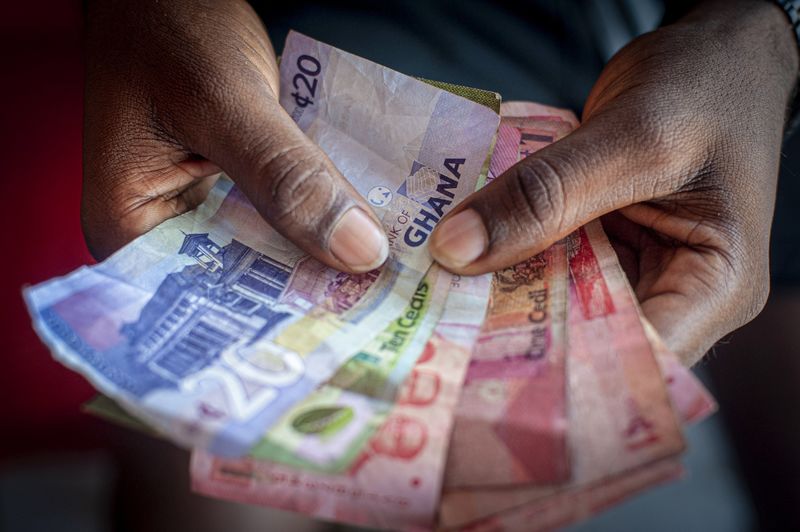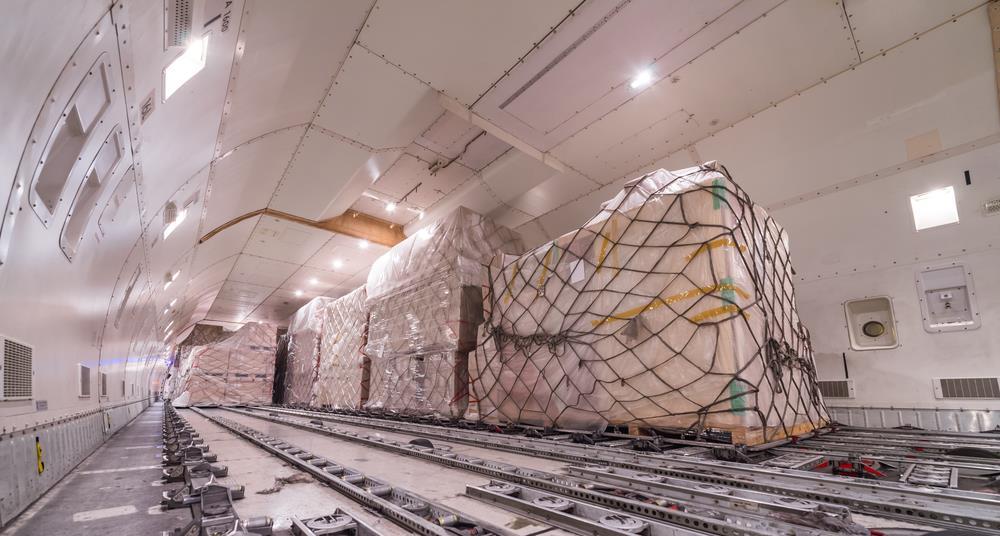US Logistics Firm Settles Over Fentanyl Precursor Transshipment
The US Attorney’s Office for the Western District of Texas has reached a settlement with IMC Pro International, a North Carolina-based shipping and logistics company, over allegations of its involvement in transshipping fentanyl precursor chemicals. The company has agreed to pay US$400,000 to resolve claims that it violated the Controlled Substances Act by facilitating the illegal movement of dangerous chemicals into the United States.
“In the face of the fentanyl epidemic, my office will hold both those who distribute illicit fentanyl and those who provide the means to manufacture such substances accountable for their actions. IMC Pro took on a responsibility to ensure the packages shipped under its name complied with federal laws and regulations,” says Acting US Attorney Margaret Leachman for the Western District of Texas.
The United States claims that IMC Pro entered into business arrangements with multiple Chinese companies, allowing them to use the company’s accounts with common carriers to generate shipping labels for various products. These products, although not handled or stored by IMC Pro, were shipped under the company’s name. IMC Pro had no direct knowledge of the contents of these packages, which raises significant concerns about the company’s due diligence in managing its shipping operations.
The investigation began after the US Drug Enforcement Administration (DEA) intercepted five packages in Eagle Pass, Texas, and discovered that they contained chemicals used in the production of fentanyl.
These packages, originating from China, were transshipped to Eagle Pass, where they were to be transported across the US-Mexico border. The US government alleges that these chemicals were intended for the illegal manufacturing of fentanyl, which would further exacerbate the ongoing fentanyl crisis.
The Settlement and Its Impact
As part of the settlement, IMC Pro has agreed to stop all future business agreements of this nature and affirmed that it will not engage in similar practices, both now and in the future. The company also closed the shipping accounts that were involved in the transshipment process once it became aware of the situation. IMC Pro has pledged to cooperate with federal authorities to identify other instances of fentanyl precursor smuggling.
Leachman highlights the importance of holding not just drug cartels but also those who provide the logistical support for illicit drug trade accountable. “IMC Pro took on a responsibility to ensure the packages shipped under its name complied with federal laws and regulations,” she says, urging other shipping companies to ensure they are vigilant in preventing illegal activities.
Loopholes and E-Commerce Challenges
Last year, Reuters exposed a drug smuggling route facilitated by a US trade provision called “de minimis.” This case highlights broader challenges within the shipping and logistics industry, particularly regarding the de minimis rule. This US trade regulation exempts small-value shipments (up to US$800) from customs duties and stringent reporting requirements. While this rule is designed to streamline the importation of low-value goods, it has increasingly been exploited by individuals and organizations seeking to bypass stricter customs controls.
As e-commerce shipments continue to increase, many have pointed out that the de minimis rule creates a potential loophole for smuggling operations, as it facilitates the easy and duty-free entry of goods, including illicit substances. Efforts are now underway to reform this system, especially in light of growing concerns over forced labor, drug trafficking, and national security risks tied to e-commerce.
The US retail e-commerce market, which now constitutes over half of all global e-commerce sales, plays a major role in the increasing volume of de minimis shipments. According to the US Census Bureau, US e-commerce sales for 2024 were estimated at US$1.19 trillion. Many of these shipments fall under the de minimis threshold, with low-value parcels entering the US duty-free and without rigorous customs inspection.
According to a paper from the Congressional Research Service (CRS), the de minimis rule has created a loophole that allows smuggling operations to bypass customs enforcement, with chemical precursors, counterfeit goods, and illicit substances like fentanyl sometimes slipping through the cracks. In response to these growing concerns, US President Donald Trump directed an assessment of the risks and loss of tariff revenues associated with current de minimis policies, particularly in relation to fentanyl trafficking. On Feb. 1, Trump announced that the United States would impose an additional 10% tariff on imports from China and withdraw de minimis treatment for Chinese goods due to the country’s role in the fentanyl crisis.
The CRS reports also states that the Customs and Border Protection (CBP) estimates that from FY2018 to FY2021, 67.4% of all US de minimis imports were from China. In 2023, CBP reported 1 billion de minimis parcels valued at US$54.5 billion, with about one-third of those originating from China. The US International Trade Commission has estimated that 83% of US e-commerce imports in FY2022 were de minimis imports, further underscoring the growing volume of low-value e-commerce shipments entering the United States without full customs scrutiny.












